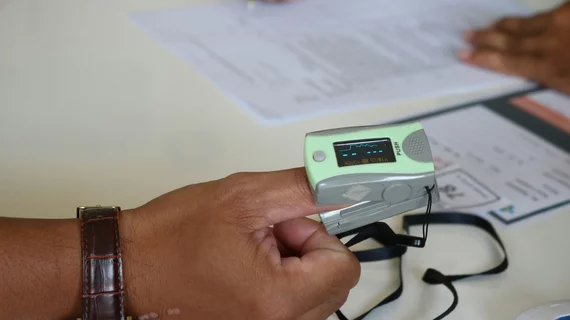Humana pilot study reveals ongoing healthcare discrimination among Medicare Advantage members
In a study conducted by health insurer Humana, a staggering 88% of those who perceived healthcare discrimination were Black, underscoring the need for more research into racial disparities persistent in the U.S. healthcare system.
Additionally, nearly one in five Medicare Advantage enrollees reported low or limited health literacy, which can impact overall health and well-being, according to the research, which was published in American Journal of Managed Care.
The study was a feasibility exercise aimed primarily at assessing whether screening of new Medicare Advantage enrollees through proactive telephone calls from a concierge service could yield significant findings regarding health literacy or perception of discrimination. The health literacy screening did not present a challenge, according to lead author J. Nwando Olayiwola, MD, Chief Health Equity Officer at Humana, and colleagues, but questions about discrimination had a higher nonresponse rate (22.8% vs. 5.4%).
Some concierge advocates acknowledged they felt uncomfortable even asking patients the discrimination question.
Despite some screening challenges, association between low health literacy and factors such as low income, racial identity and social determinants like loneliness and food insecurity was notably significant.
“Learnings from this pilot have been very informative for our business and have led to a number of programs and interventions across the enterprise,” says Olayiwola in a news release.
The study’s findings have prompted Humana to expand screening efforts and enhance staff training to better understand and address the needs of members with limited health literacy.
“Because the literature on implementing these screenings in managed care settings is so limited,” adds Candy Magaña, director of health equity innovation at Humana, “we felt it was important to understand the feasibility of screening using evidence-based, validated screening instruments and train our staff to administer them."

